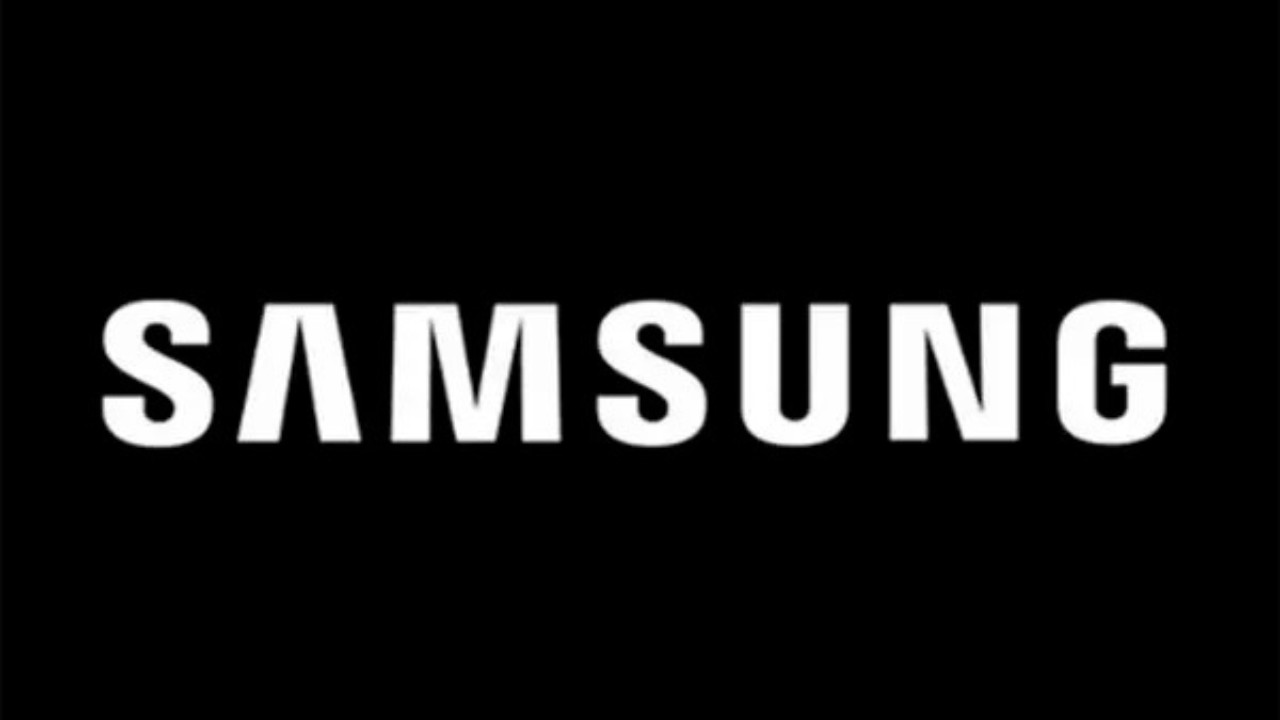Samsung Electronics anticipates a significant drop in second-quarter operating profit, exceeding 50%, due to US export restrictions on AI chips to China and underperforming foundry operations. The company projects profits of 4.6 trillion won, a 56% decrease year-over-year. Despite this slump, Samsung anticipates improved factory utilization and demand recovery in the latter half of 2025.
Samsung’s Q2: A Glimpse Behind the Tech Giant’s Earnings Forecast
The tech world is holding its breath as Samsung Electronics prepares to release its Q2 earnings report. Whispers circulating suggest a significant dip in profits, potentially as steep as 56% compared to last year. This isn’t just a blip on the radar; it’s a complex interplay of global market forces, challenges in the AI chip sector, and pressures on their foundry business. What’s happening beneath the surface, and what does it mean for the future of one of the world’s leading technology innovators?
The AI Chip Conundrum and its Impact on Profits
One of the key factors weighing on Samsung’s performance is the evolving landscape of the AI chip market. While demand for artificial intelligence solutions is soaring, Samsung faces hurdles in capturing a larger share of this lucrative market. Restrictions, possibly linked to geopolitical tensions and export controls, limit their ability to supply cutting-edge chips to certain key clients, particularly in China. This bottleneck directly impacts revenue, and the competition is fierce. Nvidia, TSMC and other players are aggressively vying for market share.

The AI space demands specialized, high-performance chips, and the ability to quickly adapt and innovate is crucial. Samsung’s path forward relies heavily on overcoming these supply constraints and strategically positioning themselves to meet the growing demand for AI-centric hardware. This includes further investment in research and development and potentially forging new alliances to navigate the complexities of international trade.
Foundry Woes and the Battle for Chip Supremacy
Beyond AI chips, Samsung’s foundry business, which manufactures chips for other companies, is also facing challenges. The foundry market is a fiercely competitive arena, dominated by companies like Taiwan Semiconductor Manufacturing Company (TSMC). TSMC has been ahead of the curve for some time now in advanced node technologies, something the entire chip industry is relying on to develop faster, more efficient processors. While Samsung is investing heavily in catching up, the gap is impacting their ability to win key contracts.
Slower-than-expected demand for some consumer electronics, coupled with inventory adjustments across the industry, is putting pressure on pricing and utilization rates in the foundry sector. This means lower profit margins for Samsung’s manufacturing arm and a need to streamline operations and secure long-term partnerships to remain competitive. Internal Link: Check out our post on the future of semiconductor manufacturing for more on this trend.
Memory Chip Market Downturn Still Lingers
While there are signs of recovery, the global memory chip market continues to be affected by oversupply and sluggish demand. The glut of inventory built up during the pandemic is gradually being absorbed, but prices remain depressed. Samsung is a major player in the memory chip market, producing both DRAM and NAND flash memory, so the impact of this downturn is significant.
However, industry analysts predict a gradual rebound in memory chip prices later in the year, driven by increasing demand for data centers, smartphones, and other electronic devices. Samsung is strategically positioned to capitalize on this recovery, but patience is key.
Navigating the Tech Tides
Samsung’s projected Q2 profit decline is a stark reminder of the volatile nature of the technology industry. Success requires more than just technical prowess; it demands adaptability, strategic foresight, and the ability to navigate complex global challenges. While the short-term outlook may be challenging, Samsung’s long-term prospects remain bright, fueled by its diverse product portfolio, strong brand recognition, and ongoing investments in innovation. The company’s aggressive push into new technologies, including advanced chip manufacturing and AI, positions it for future growth as market conditions improve. We will be closely watching how the company adjusts its sails and navigates these challenging times to ensure its continued prominence in the global tech landscape. A pivotal part of this will hinge on how well they maneuver the AI chip market.







